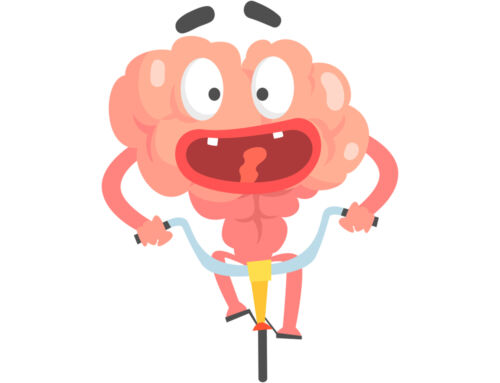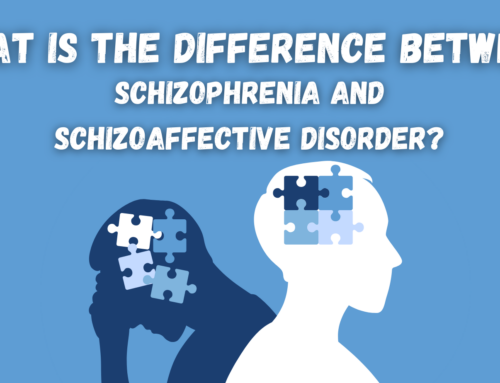Recovery involves so many different aspects of healing and restoration – therapy is just one way that people in recovery can grow. Group psychotherapy sessions provide a unique, safe space for those seeking sobriety to build a larger connection with others who are pursuing the same goals. Group therapy is also a way to share stories and learn from others in a confidential setting.
Humans are social creatures, so it’s understandable that we often thrive best by working alongside others. If we have positive, insightful experiences in groups, it can be life-changing – especially in recovery.
Understanding the Types of Group Therapy
There are several types of group therapy that can be utilized, depending on a person’s wants and needs.
- Psychoeducational groups – In this type of therapy, group members learn all about substance abuse, including how addiction develops, how it affects those around us, what relapse is and how it can be prevented, the stages of recovery, and more.
- Skills development groups – These groups focus on the skills necessary to break free from addiction, such as relapse prevention. Topics discussed may include emotional cues, physiological warning signs of relapse, relaxation techniques, self-care tools, and more.
- Cognitive-behavioral groups – Similar to individual cognitive-behavioral therapy (CBT) but in a group setting, these groups focus on changing negative thought and behavioral patterns that may have developed throughout childhood or even as an adult. Those who actively apply what they’ve learned in this type of treatment setting often see numerous benefits – and it’s always nice to see positive changes in ourselves and our life as we continue to work towards recovery.
- Support groups – There are thousands of support groups for people in recovery to meet in person or online, including 12-Step programs and other types. Support groups allow you to share your experiences and learn from others who are facing the same issues.
- Interpersonal process group therapy – Groups work together to “recreate” their past, dive into past experiences, and explore how they relate to current problems.
As you can see, these different types of group psychotherapy sessions truly serve the various needs of the groups in question. With so many different types of settings, structures, and discussions around recovery, there is plenty of opportunity to determine which type of group works best for you.
Find Your Group(s) Today
If you’re ready to seek help and learn how group therapy can play a role in your recovery, speak with a professional from Alta Loma today.
Alta Loma is a transformational experience that focuses on individuals with chronic psychiatric and substance abuse issues. We specifically focus on men who may not have been successful in a traditional treatment setting. Our facility is just the place to help men with mental health and substance disorders find the stability and support they need to discover a life without drugs or alcohol. Call us today at (866) 457-3843.



